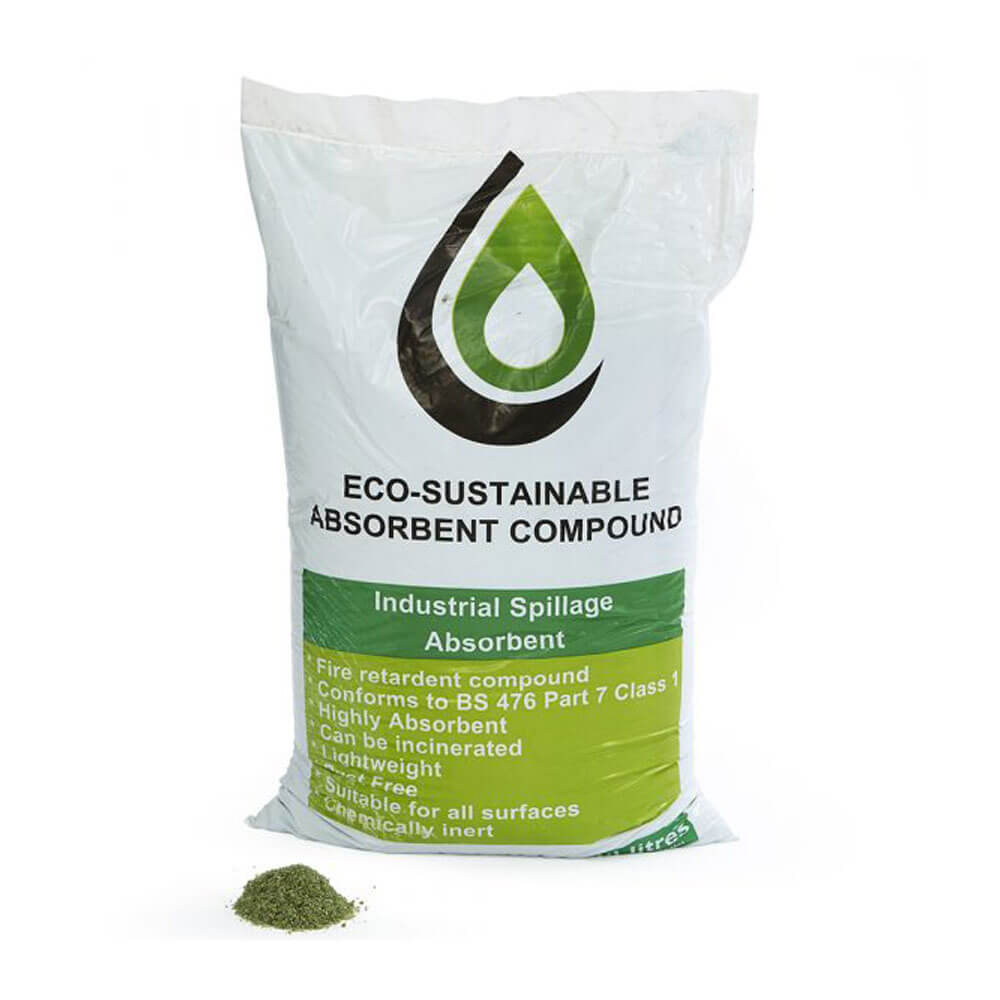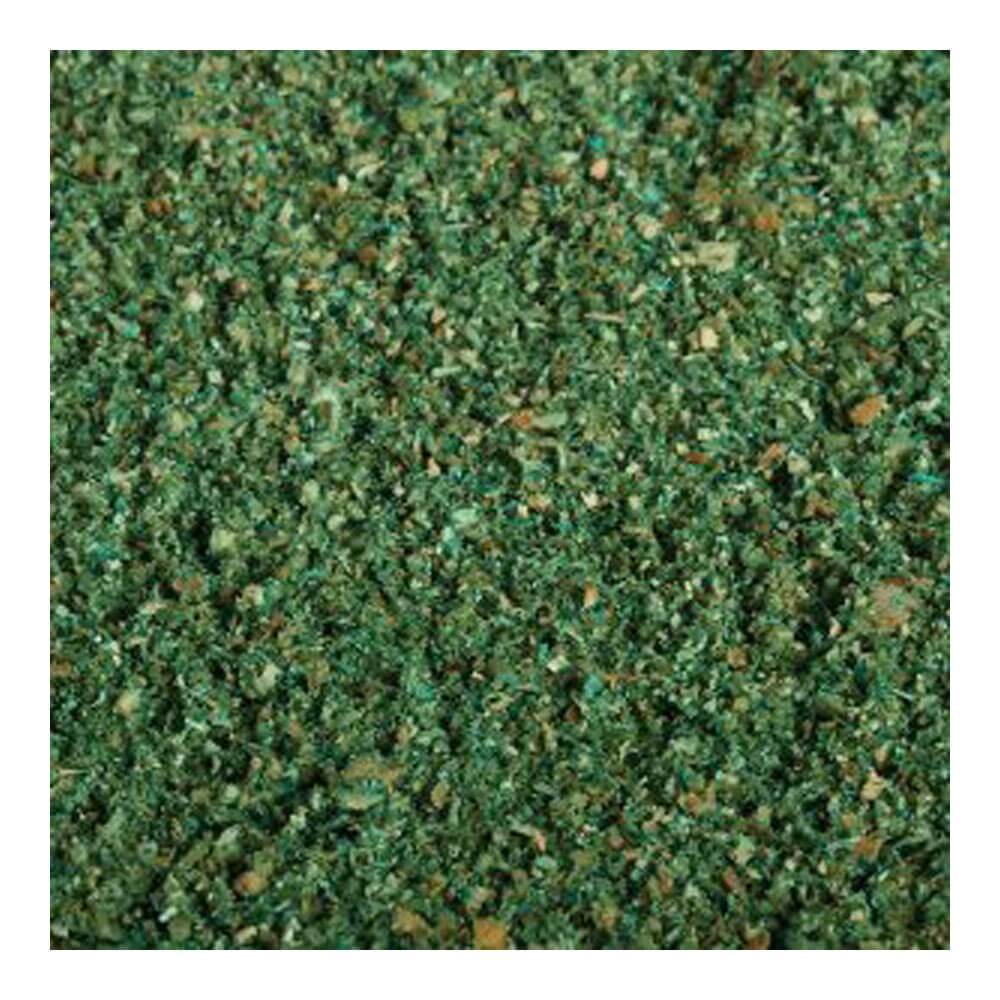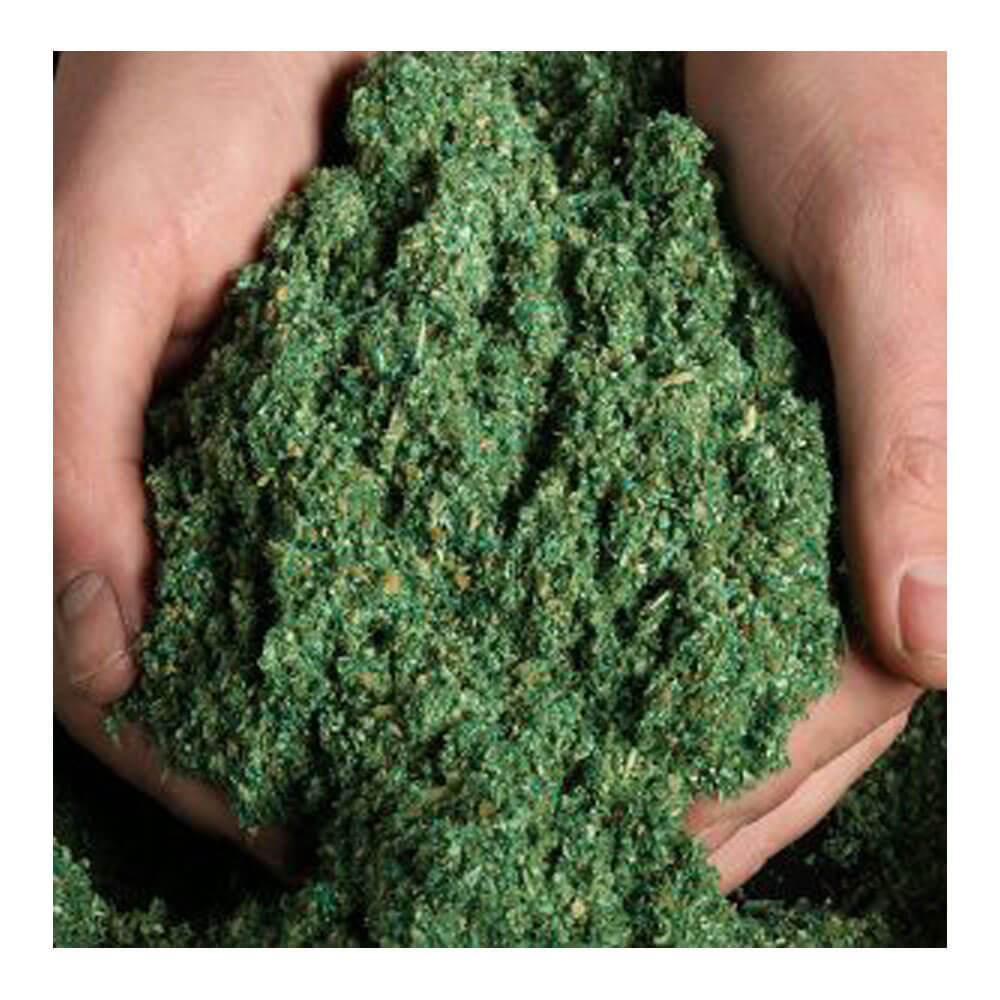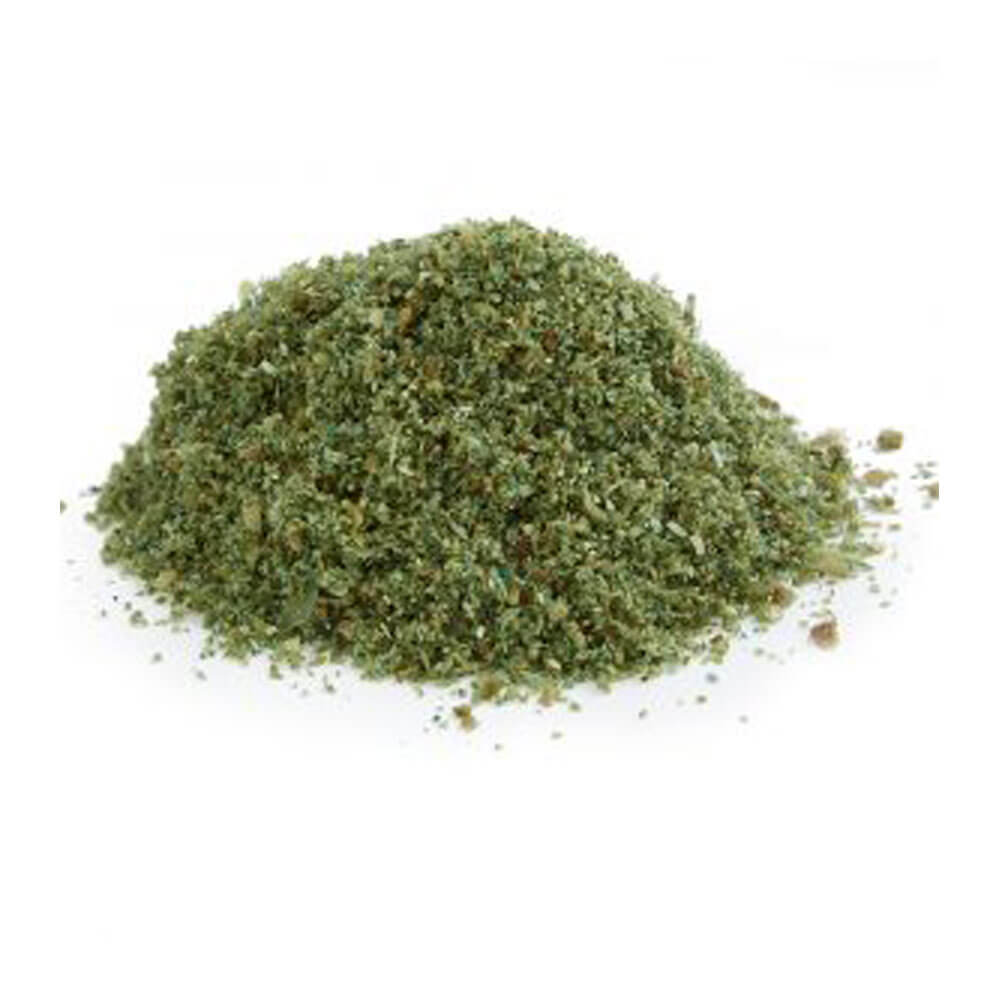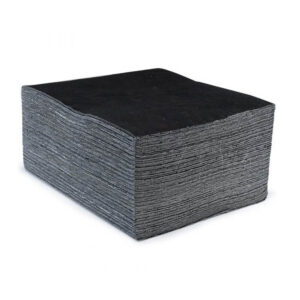Ecospill 30ltr Eco-Sustainable Spill Dry Compound
From £10.59
Description
Manufactured from 100% recycled materials, EcoSpill’s organic compound granules are manufactured in the UK, which minimises lead times and provides price stability. Lightweight and easy to spread, this highly absorbent material (10kg of organic compound can absorb 9 litres of oil, compared to 4 litres for every 10kg of clay)
Supplied in a 30 litre bag.
Standards
• Complies with BS 476 Part 7, Class 1 rated

Available Options:
Description
Features and Benefits
- Manufactured from 100% recycled materials
- Absorbency: 27 litres per bag based on a 30ltr bag
- Easier to handle weighing in at: 12kgs per bag (Clay is 20kg)
- Non-flammable
- Low Dust
- Can not be used on aggressive chemicals
- A sustainable alternative to clay granules (will reduce overall waste on the site if used
instead of a standard clay granule) - Cheaper and more effective than clay granules.
Eco-sustainable spill drib alternatives are manufactured by Ecospill using UK-sourced recycled materials, and are lighter
and easier to transport than clay – this means we can pass the shipping and handling cost savings on to you, with no
extended lead times, to keep operations up and running throughout ongoing market volatility.
EcoSpill’s organic compound granules are manufactured by them right here in the UK, which means that there are virtually
no lead times and no price instability from chaotic shipping and handling processes.
They recycle 75,000 tonnes of sawdust per month in a closedloop process to make these granules as cost-effective and
eco-sustainable as possible. Because these materials are biodegradable as well, their environmental impact is close to
zero in terms of manufacture, shipping and post-spill recovery.
Eco-sustainsable Compound granules are lightweight and highly absorbent (10kg of organic compound can absorb
9 litres of oil, compared to 4 litres every 10kg of clay) which makes them much more cost-effective because half the
amount of material is needed to absorb a spill. Organic compound granules are non-flammable, and although they
are not suitable for absorbing aggressive chemicals, for the vast majority of applications they are a more effective
alternative to clay.
Eco-sustainsable compound granules are a low-dust absorbent which makes them safe to use even in confined spaces, and
they offer instant absorbency throughout the material for higher retention than clay. And because they are lighter, more
absorbent and dust-free, organic compound granules are incredibly easy to use – simply pour onto the spill, brush in,
and brush up, leaving the surface dry with no residue.
It’s time to move away from clay
Clay granules have been the go-to spill absorbent for many years because of their availability, ease of manufacture, and apparent low cost per kilogram. Recently, however, this has all changed, and more planet- and wallet-friendly alternatives are beating clay in every category.
The market for clay granules has become very volatile in the last year due to disrupted shipping routes, reduced access to raw materials, and increased costs for all parties. This has led to lead times of around 8-10 weeks on many clay granules products, and cost increases of up to 33% with prices fluctuating each day.
There is also the added cost of hazardous waste disposal which is calculated by weight, with the average bag of clay granules weighing between
20-25kg before any liquid is absorbed.
For example, disposal costs are far higher than if using alternative material absorbents such as pads, rolls and socks. i.e. a 20kg bag of granules absorbs approx. 8 litres oil. So to absorb 80 litres = 10 bags or 200 kg of granules. A box of pads or roll weighs 6kg and absorbs approximately 80 litres of oil.
80 litres of oil weighs around 100kg therefore disposal weight of contaminated granules is 300kg. Disposal weight of contaminated absorbent is 106kg some 194kg less.
Clay granules are time consuming to deploy and recover, especially compared to material absorbents. Clay granules also have far more severe health and safety risks due to their exponentially larger weight and harmful dust emission.
Thankfully there are much better alternatives on the market already. Eco-friendly alternatives can out-perform clay granules many times over in terms of absorbency, they have no harmful dust or messy and expensive clean-up, and are much cheaper than clay granules particularly considering current market instability (2023).
| Technical Data |

